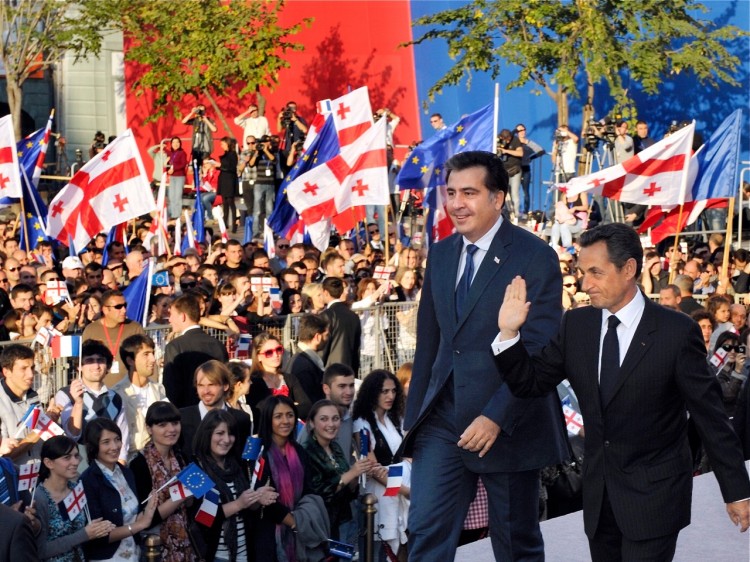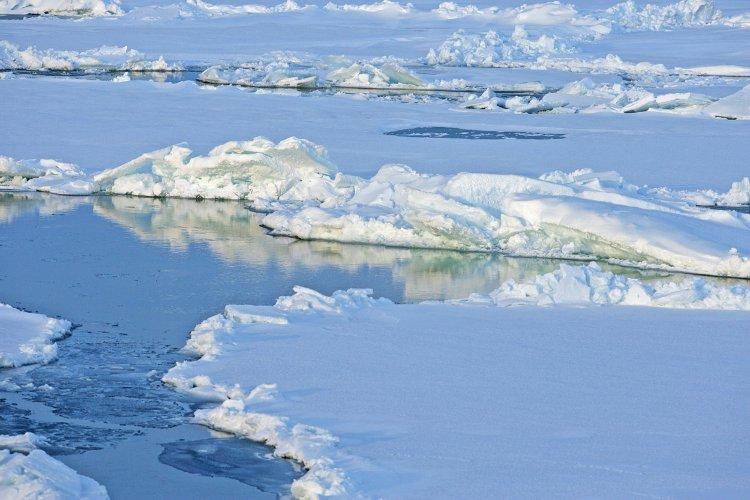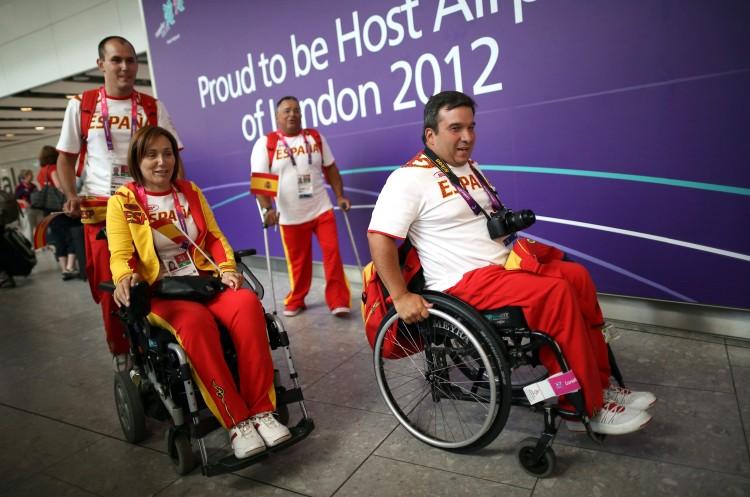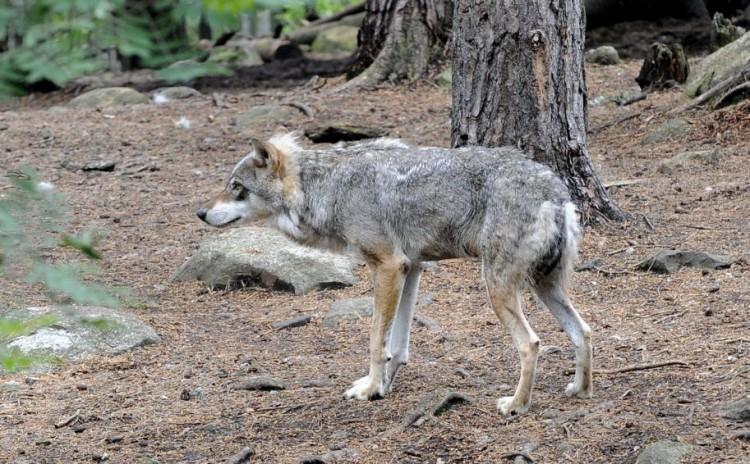Talks on Russia’s entry into the WTO were stalled on Monday, symptomatic of the festering conflicts in the formerly Soviet-dominated part of the Caucasus.
Although nearly forgotten by many, the brief war between Georgia and Russia in the breakaway regions of Abkhazia and South Ossetia in 2008 has left unresolved conflict with consequences still reverberating beyond the borders of the small sovereign nation.
It may not seem like a big deal: Georgia, as a member of the WTO, demands international monitoring and transparency of trade across the disputed borders in the areas of Abkhazia and South Ossetia to agree to Russia joining the organization.
But the conflict behind it all is something of a Gordian knot that it involves issues like Georgia’s possible entry into NATO, EU/NATO-Russia relations, the difficult question of when it is legitimate for an area to declare independence, and the whole power balance in the volatile Caucasus area.
The Caucasus, divided between Russian autonomous republics in the north and independent states in the south, is home to over 50 ethnicities, and was subjected to widespread deportations and ethnic cleansing, both under the Russian empire and the Soviet Union. When the latter collapsed, several drawn-out, bitter conflicts followed, the wars in Chechnya being the most well known.
Ossetians and Abkhaz are two relatively small ethnic groups, whose homelands were both autonomous oblasts (provinces) under the Soviet Union. Due partly to Soviet population politics, these areas both had large Georgian communities and became internationally recognized as parts of Georgia after the collapse of the union.
They have never been fully under the control of the central government in Tbilisi, however, despite Georgia’s attempts to bring them into the fold by various means. In the early ’90s, somewhat overshadowed by the Balkan wars, bloody civil war erupted between Georgians and Russia-backed separatists in both regions.
In Abkhazia, where other Caucasian militants also participated, the violence became particularly apocalyptic, with ethnic cleansing and other atrocities. Georgia lost both wars, and thousands of Georgians were killed and up to 250,000 expelled from Abkhazia alone.
In the summer of 2008 the events that led to the declaration of independence for South Ossetia and Abkhazia took place. Who actually started it, and who planned what in advance, is still shrouded in the fog of war. The facts are that skirmishes between Georgian and Russian peacekeeping troops and local militias led to a large-scale Georgian military operation against South Ossetia on Aug. 7. This in turn triggered a Russian invasion of Georgia where Russian troops took control of Abkhazia and South Ossetia, as well as other parts of Georgian territory.
EU and NATO was then, and still is, firmly behind West-friendly Georgia and strongly critical of Russia for invading a sovereign nation. Russia pulled out of Georgia proper after mediation by the EU, but remained in South Ossetia and Abkhazia, both of which declared independence. Only Russia, Venezuela, Nicaragua, and some small island states have recognized them, however.
Three years down the line, both republics are relatively calm, but operate in a kind of limbo, heavily dependent on Russia. Both have signed treaties that leave Russian troops there for decades, and current South Ossetian President Eduard Kokoity has even said that he thinks South Ossetia should form some sort of union with Russia.
Russia and Georgia Still in Deadlock Over Breakaway Republics
Conflict between Russia and Georgia over breakaway republics North Ossetia and Abkhazia has far-reaching consequences.

Georgia's President Mikheil Saakashvili (L) and France's President Nicolas Sarkozy (R) arrive at Freedom Square, in Tbilisi, on Oct. 7, 2011. Philippe Wojazer/AFP/Getty Images
|Updated:





